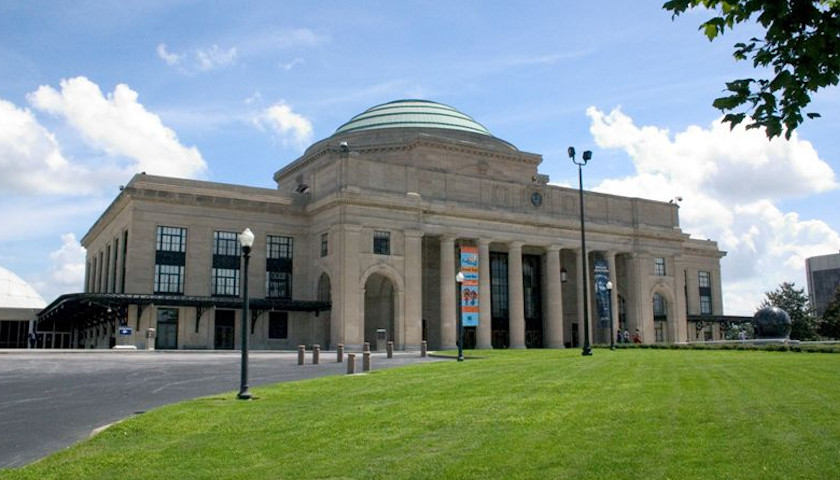While the House continued its quick, procedural sessions, the Senate and the Senate Judiciary Committee continued to advance bills centered around criminal justice reform and policing.
Before the Senate convened in-person in its new home for the 2020 special session at the Science Museum of Virginia, the Judiciary Committee held a meeting where it reported and referred more bills.
During the Judiciary Committee’s meeting, it referred many bills on the docket to the Finance Committee relating to Senate Democrats’ overall agenda including sentencing reform on specific criminal cases, expungement of police and court records, prosecutorial discretion to dispose of a criminal case and the creation of a mobile crisis co-response team throughout Virginia for instances when someone is having a mental episode.
Notably, two similar bills prohibiting the use of neck restraints by law enforcement officers, one sponsored by Sen. Morrissey (D-Richmond) and the other by Senate Minority Leader Norment (R-James City County), and a bill authorizing localities to establish law enforcement civilian review boards, sponsored by Sen. Ghazala Hashmi (D-Midlothian), were referred to the Finance Committee.
The Senate convened nearly 30 minutes past its scheduled start time of noon because the Judiciary Committee ran long.
After the standard opening procedures, Senate Clerk Susan Clarke Schaar announced bills on their second reading in the uncontested and regular calendars. In the regular calendar was SB 5032, which eliminates the mandatory minimum jail time for assaulting a law enforcement officer – among others – and changes the punishment from a felony to a misdemeanor.
The Senate agreed to the judiciary substitute of the bill with amendments by a voice vote. The amendments to the bill made assaulting a law enforcement officer back into a felony, instead of a misdemeanor as originally written, but gave a judge or jury to reduce the chargeback to a class 1 misdemeanor if no bodily harm was done.
Once the committee substitute was adopted, the Senate engrossed the bill and advanced it to the third and final reading where it will officially be passed or defeated.
Senate Majority Leader Sen. Saslaw (D-Fairfax) then moved that all bills on first and second reading, in the regular and uncontested calendar, be passed by for the day, of which the Senate agreed upon.
Shortly after a 35-minute recess, the Senate adjourned at 1:35 p.m. to reconvene Friday at 10 a.m. for a very short pro forma session.
The House’s second virtual session today, again featuring House Speaker Filler-Corn (D-Fairfax) and House clerk Suzette Denslow in the empty chamber, lasted less than 45 minutes as it continues to go through a five-day procedure to formalize the virtual sessions and truly begin advancing bills.
As part of those procedures, House Resolution 514 was read for a third time by the clerk.
During the point of personal privilege period, Del. Coyner (R-Chesterfield) spoke briefly about fixing the current inequalities in Virginia with online learning, especially for disabled and poor students and students that live in rural areas with limited access to high speed internet.
Del. Van Valkenburg (D-Henrico) followed up by talking about the effort to bring down COVID-19 cases so schools can operate normally and making sure public education has the resources and support to adequately help students.
Lastly, House Minority Leader Del. Todd Gilbert (R-Shenandoah) asked the speaker about potential rules to govern delegates who did not have their video-enabled in the Zoom conference call to make sure nobody outside of the House is joining the session.
The House adjourned at 12:37 p.m. to reconvene virtually Friday at noon.
– – –
Jacob Taylor is a reporter at The Virginia Star and the Star News Network. Follow Jacob on Twitter. Email tips to [email protected].
Photo “The Science Museum of Virginia” by David Bjorgen. CC BY-SA 2.5.




